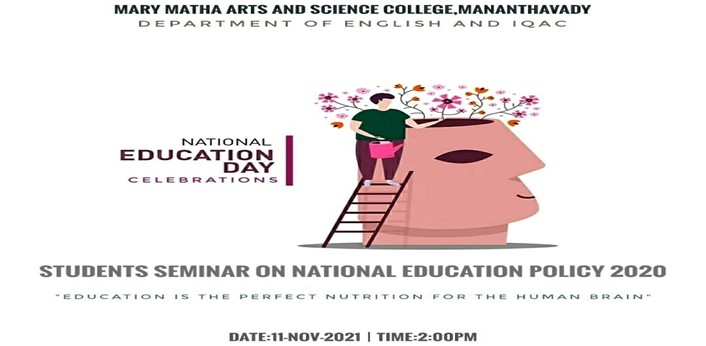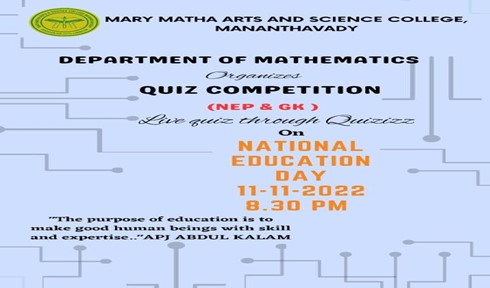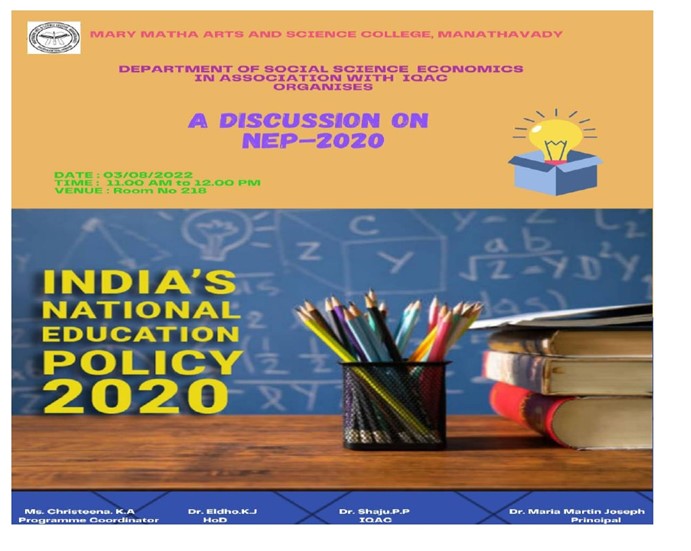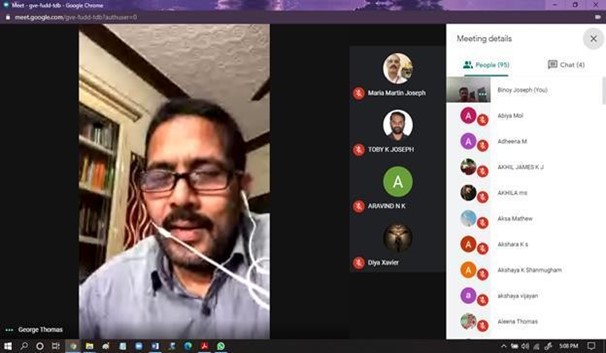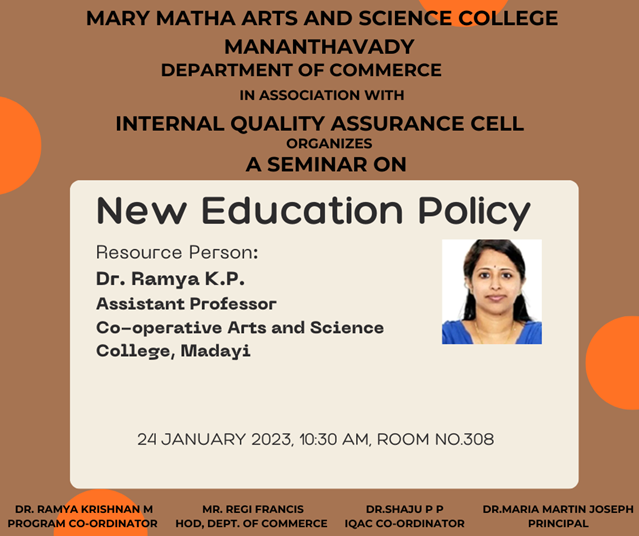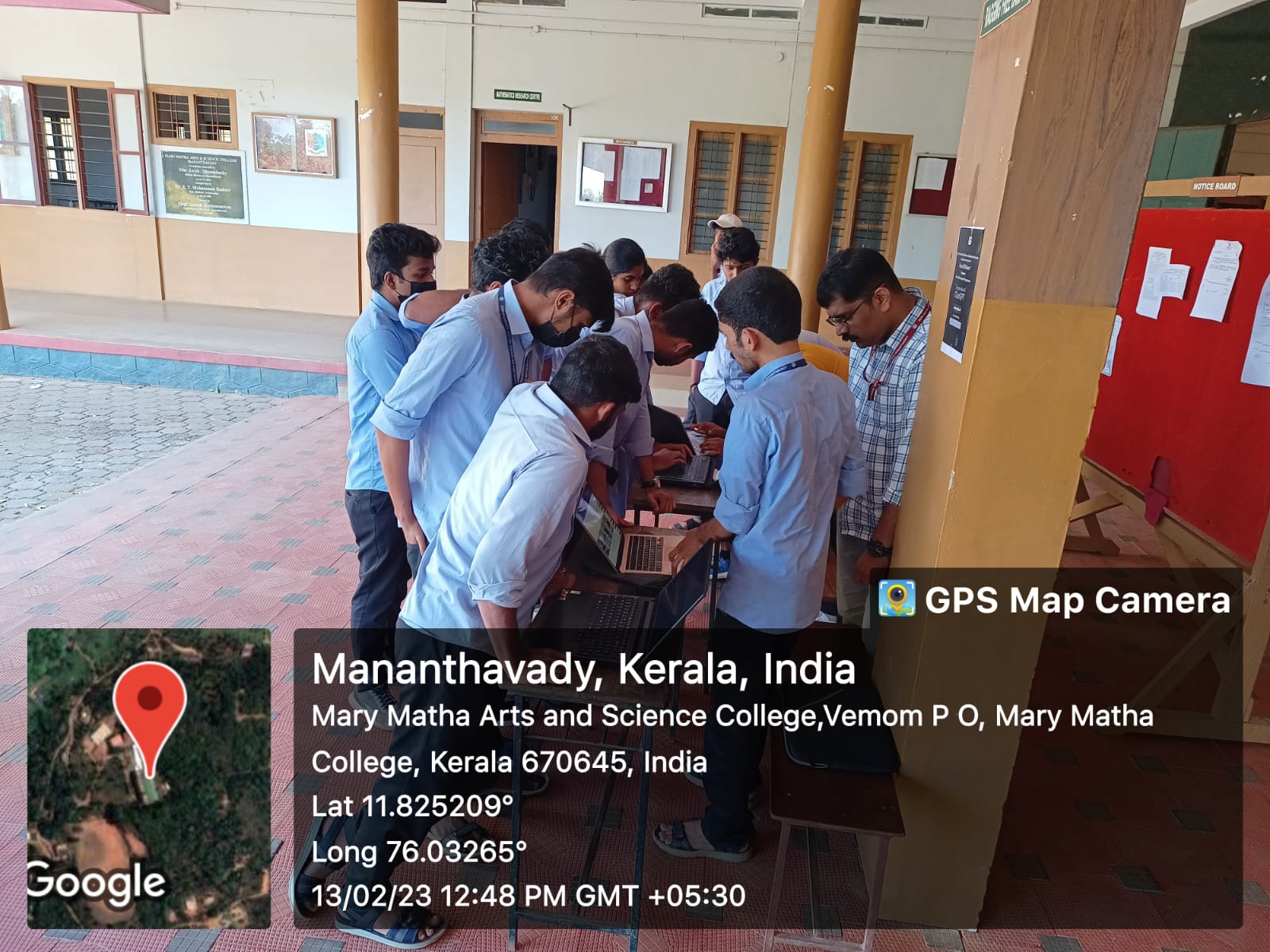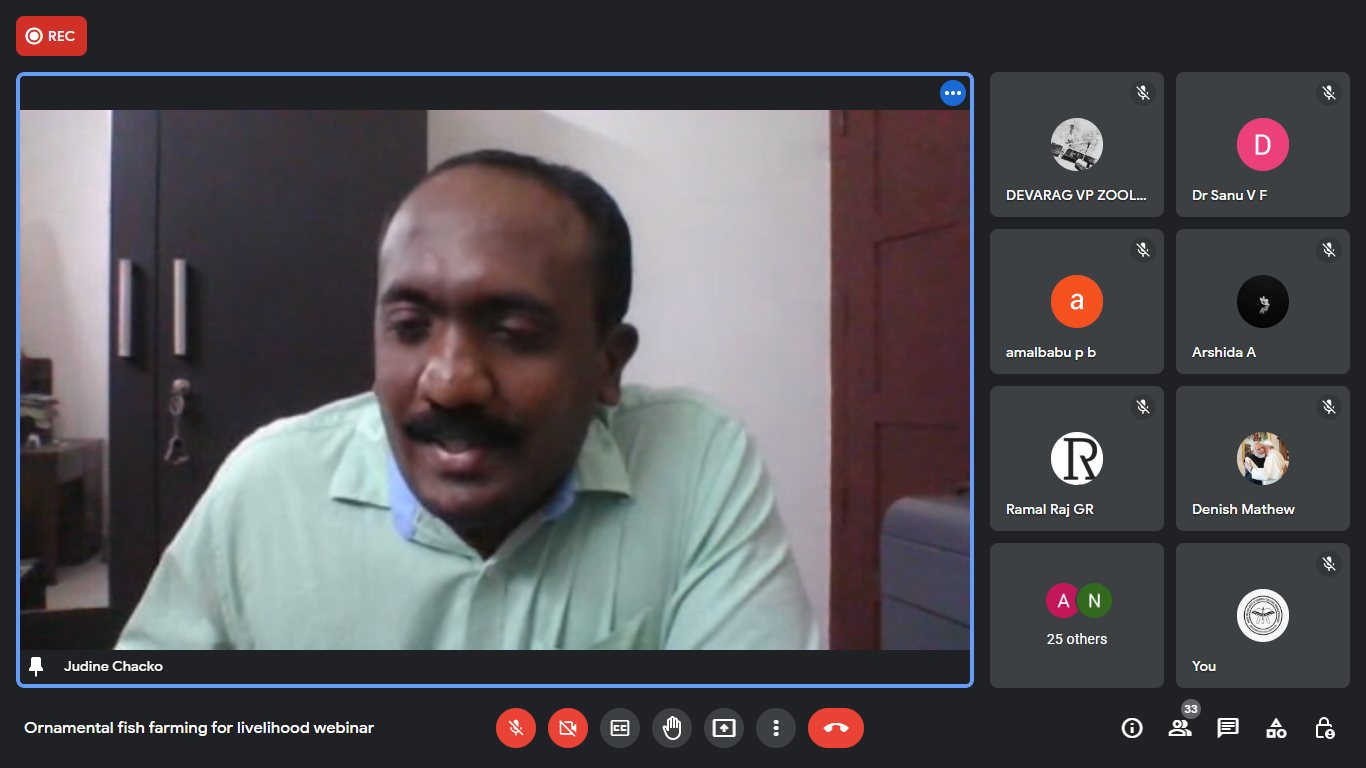Syro-Malabar Synodal committee for Education - Implementing NEP 2020, a paradigm shift to a new era in education
The National Education Policy (NEP) 2020 is a policy document introduced by the Government of India to bring significant reforms and changes to the country's education system. It aims to transform the existing educational landscape by focusing on various aspects, including early childhood education, curriculum redesign, teacher training, use of technology, and promoting multidisciplinary learning.
While the NEP 2020 is a government initiative, its implementation can have implications for various educational institutions, including those affiliated with religious organizations like the Syro-Malabar Catholic Church.
In the context of the Syro-Malabar Church, the Synodal committee for Education would play a crucial role in ensuring the effective implementation of the NEP 2020 in the educational institutions under their purview. Here is how these committee could contribute to this paradigm shift in education:
Curriculum Redesign:The Synodal committee can work with educators and experts to redesign the curriculum in line with the principles outlined in the NEP 2020. This could involve adopting a more holistic and interdisciplinary approach to education, promoting creativity and critical thinking, and integrating Indian knowledge and heritage into the curriculum.
Teacher Training and Professional Development:To align with the new pedagogical methods and approaches, the committee can organize training programmes for teachers to equip them with the necessary skills and knowledge to implement the NEP 2020 effectively. Embracing Technology: The NEP 2020 emphasizes the use of technology in education. The Synodal committee can support educational institutions in adopting digital tools and platforms for teaching, learning, and assessment.
Early Childhood Education:The policy recognizes the importance of early childhood education. The committee can advocate for the establishment of quality pre-primary educational centers within the Church's educational network.
Multilingualism:The NEP 2020 promotes multilingualism and encourages schools to teach students in their mother tongue or regional languages. The committee can ensure that the Syro-Malabar schools promote regional languages while also offering English and other languages.
Inclusivity and Equity:The policy emphasizes inclusive education and bridging the equity gap. The committee can take measures to ensure that education is accessible to all, including marginalized and economically disadvantaged students.
Research and Innovation:The committee can promote research and innovation in education and support institutions in conducting studies to identify best practices and effective strategies for implementing the NEP 2020.


















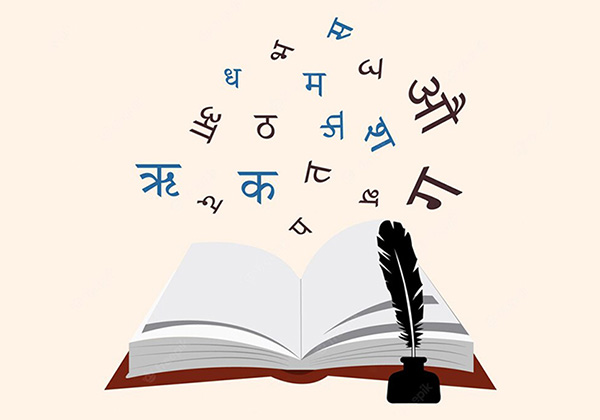






 About
About Facilities
Facilities Student Support
Student Support Notice Board
Notice Board Best Practices
Best Practices IQAC
IQAC Vacancies
Vacancies